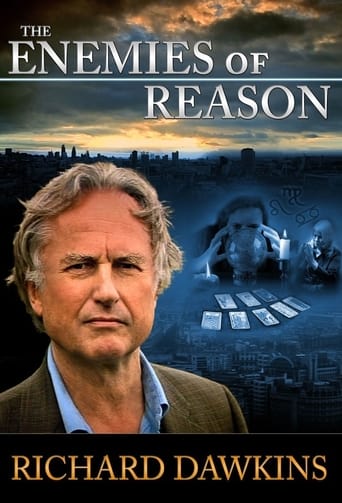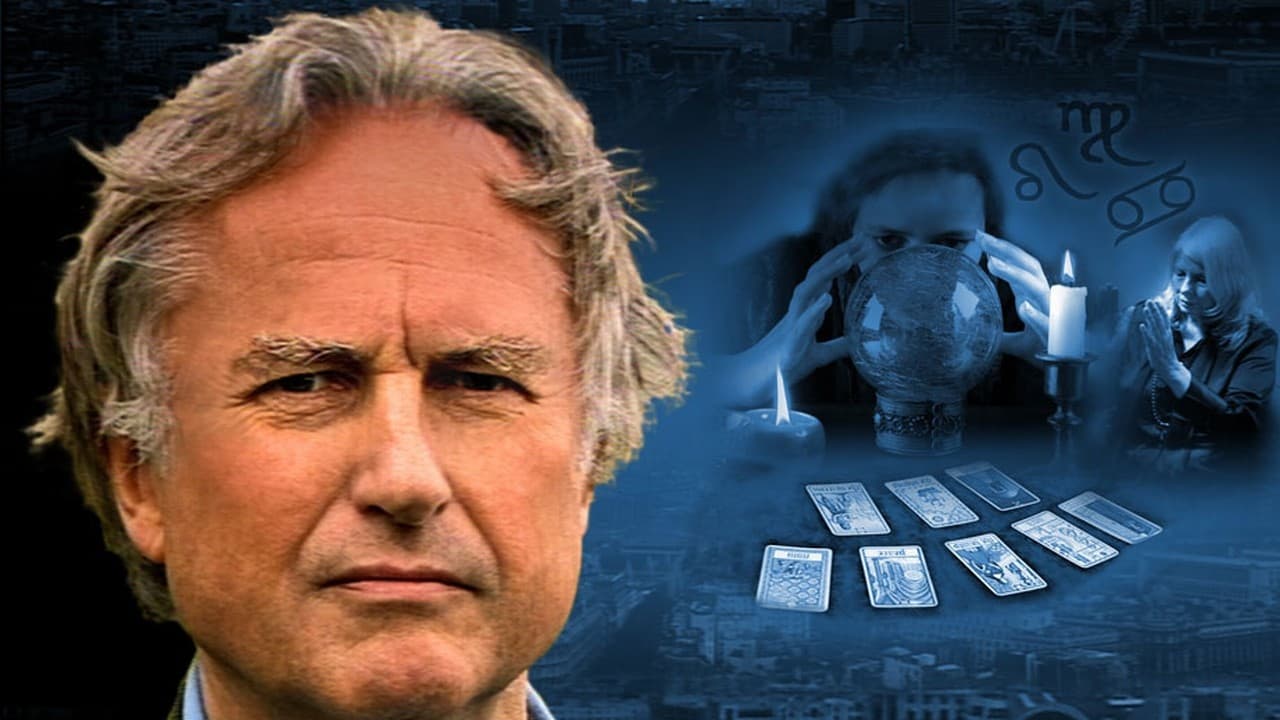Floyd Maxwell
(1) dousing. A farmer neighbor, one of the most modest people I've ever known, used dousing to find running water.The douser walked a field and, when they walked over flowing water, their douse dipped. If you kept walking, it dipped again. And both the depth and flow rate of the water could be determined. He also cited numerous examples of people who used dousing to select a water well site, drilled there, and got water.Here the water was not flowing, not a stream or flow to be crossed. Here people, sacks of 135 pounds of water, were trying to find 2 or 3 pounds of static water.As to the douse, our neighbor cut a switch, a branch from a fruit tree on our property. He then demonstrated and, before our eyes turned the switch into a living thing, as he walked over a covered part of a stream that flowed through our property.The douse tugged at the ground, and bent to a tremendous degree.The swinging Bar-B-Que tines used in this film could not pull downward, but only swing in a plane parallel to the water.The farmer even showed us how relaxed was his hold of the switch. By the way, my father ran the Instrumentation dept. at B.C.I.T., and I'm a chemical engineer.(2) readers. There are sensitive people, who can read others Edgar Casey is perhaps the most famous example. It is important to emphasize that he did not like doing it. And with good reason -- being sensitive to and picking up the thoughts of others is a "negative" thing to do, opens the door to obsession and is very draining.(3) astrology may be rubbish, but that doesn't prove there are not cycles, just that Astrology is flawed.(4) vaccines. Some STILL include mercury. And did you know the average child gets about 100 of them now vs the handful given to children fifty years ago. Check out the documentary "The Greater Good" for more on this.etc.
gavin6942
In this documentary, Richard Dawkins goes after alternative medicine and explores how it stands up to reason and critical thinking. While some of the things he explores are fairly obviously bunk, he is sure to give each theory fair attention.I recently watched "Root of All Evil?" and enjoyed it. This follows a similar style, with Dawkins interviewing people he believes are practicing and pushing questionable beliefs. He steers clear of religion (for the most part) and his confrontational attitude is mellowed down, which I think is good -- the people he stands against have more of a chance to explain themselves, and it is their own words -- not Dawkins -- that makes them look smart or foolish.Astrology (specifically horoscopes) are attacked, as is cold reading and homeopathy. Each of these could be explored further, but Dawkins gives a good introduction to these beliefs and in my opinion debunks them in a fairly legitimate way. He even has Deepak Chopra explain himself, which is great considering Chopra's high level of respect amongst many people. When called out, he actually seems almost rational.Perhaps this would have been better as a series, with each week focusing on a different kind of medicine or alternative theory -- sort of like Penn and Teller's show, or a more serious version of "South Park" (they did a fine job attacking cold reading). But then, I guess that's been done. But I just can't get enough of that Dawkins, and my lady friend thinks he's a hot piece.
TBJCSKCNRRQTreviews
I don't particularly know anything about the writer/interviewer of this, and I watched this because someone else made me aware of its existence. Here, superstition is investigated, and science praised. Religion is not mentioned much at all beyond the very beginning, and I understand that it has already been explored in a prior effort by the same man who made this. Dawkins delves into the world of psychics, chakras and the like, and both undergoes treatments, readings and such, and talks with the spokespeople of them. He asks all the right questions, and comes across as quite respectful, considering his obviously differing opinion. He is notably less aggressive and overbearing than Michael Moore, who, I'm afraid, is really the only person I can think of to make comparisons to in this regard(I openly admit to not watching that many of these). Rather than attacking with accusations, Richard debates intelligently, and presents the facts, from what I can tell, entirely without bias. He exposes tricks used by some of those who claim to see beyond. He puts into perspective. Even if I did disagree with what he is saying, I'd find it a feat to argue points so logical. What he believes can be proved, and does not require faith, as a stark contrast to a large portion of what he takes a close look at herein. He and his approach are not really condescending, either. I am not aware of multiple versions of this, but what I watched was two parts, each of about 45 minutes, so an hour and a half of highly informational and revealing documentary. It points out that while some of it is harmless, certain of the practices can be harmful, to varying degrees. The production values leave little to be desired. The tone is serious, without being heavy, and allowing some irony. I recommend this to anyone who do or wish to value the tested, and/or tend to meet the opposite with skepticism. 8/10
sarastro7
It's great to see that science and reason has its own Michael Moore in Richard Dawkins. It's not just cool and amusing, but downright triumphant to see him ridicule and expose "alternative" medicine and other wholesale hoaxes. More power to him.And yet - I'm not really that big a Dawkins disciple. I think he focuses too much on reason in his own reasoning. Now, I'm certainly an atheist and a science-minded person and all that, but Dawkins' critique of religion almost exclusively hinges on how irrational it is. Well, sure it's irrational! Religion is about emotion. It's about fear and insecurity, much of which is very understandable in the life situations of the faithful, who frequently have very tough lives (esp. in earlier historical periods, but also today). Yet Dawkins doesn't address this at all. He doesn't really cut to the heart of the matter; he only talks about what's rational. So it's kind of only addressing half the issue, but, all right, that's entertaining too.As for something like homeopathy; well, it's certainly a bunch of nonsense, but, what's at work there is the placebo effect, and maybe this actually helps a lot of people. People who're insecure and have a deteriorating health because of it, might react well to assurances that this substance or that will help them, and their very belief in it will make it work - at least to some degree. I agree that it would be better if their problems could be solved in better ways, but as long as they can't be, the placebo effect is a useful and good form of medicine. Once social circumstances start improving (as we have to hope they will), maybe such things won't be necessary anymore, but can be replaced with real medicine (if needed).Still, despite Dawkins' uncompromisingly rational outlook, I think he's on the right path and I hope he does more programs like this. He needs to look into emotion, though.9 out of 10.


 AD
AD


